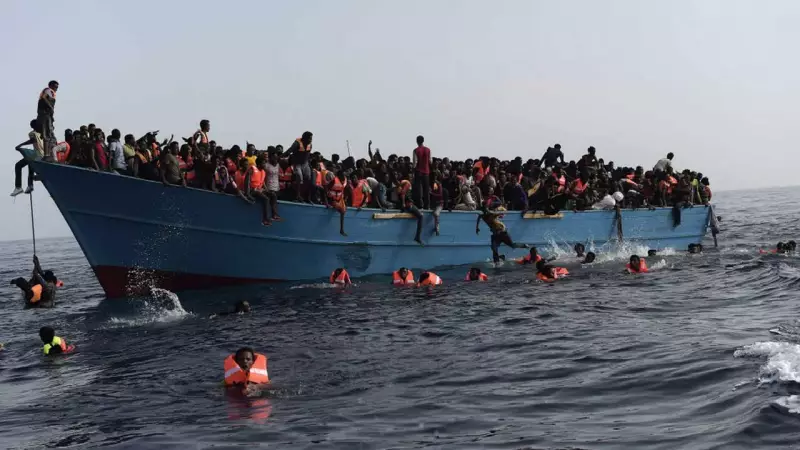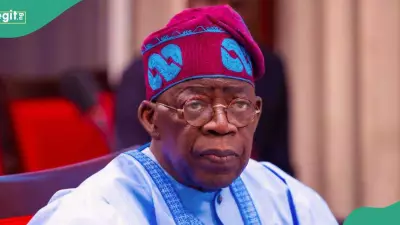
In a powerful address to the international community, Nigeria has escalated its demand for coordinated global action against human trafficking syndicates following a startling revelation from the European Union. The EU's latest findings indicate that a staggering 90% of migration flows are orchestrated by sophisticated criminal cartels.
EU Exposes Cartel Dominance in Migration Patterns
The European Union's migration analysis has uncovered that the vast majority of movement from African nations, including Nigeria, is systematically controlled by organized crime networks. These cartels have transformed human desperation into a multi-billion dollar illegal enterprise, exploiting vulnerable individuals seeking better opportunities abroad.
Nigeria's Urgent Call for International Collaboration
Nigerian authorities have emphasized that this is not merely a regional concern but a global security threat requiring immediate, unified response. The country's representatives have stressed that no single nation can combat these well-funded, transnational criminal organizations alone.
"The time for isolated efforts has passed," declared Nigerian officials. "We require a comprehensive international strategy that targets the financial networks, transportation routes, and recruitment operations of these cartels across multiple continents."
Beyond Border Control: A Multi-Faceted Approach
The proposed solution extends beyond traditional border security measures. Nigeria advocates for a holistic approach that includes:
- Enhanced intelligence sharing between nations
- Disruption of cartel financial operations and money laundering channels
- Strengthened legal frameworks for prosecuting traffickers across jurisdictions
- Cooperative law enforcement operations targeting smuggling routes
- Addressing root causes through economic development initiatives
The Human Cost of Cartel-Controlled Migration
Behind the statistics lie countless human tragedies. The cartels' control over migration routes has led to increased risks for migrants, including exploitation, violence, and loss of life. Nigeria's push for global action emphasizes the humanitarian imperative alongside security concerns.
The Nigerian government has committed to strengthening its domestic anti-trafficking efforts while simultaneously building stronger international partnerships to dismantle the criminal networks profiting from human movement.
As the EU data confirms the scale of cartel influence, Nigeria's call for collective action represents a critical moment in the global fight against human trafficking and irregular migration.





